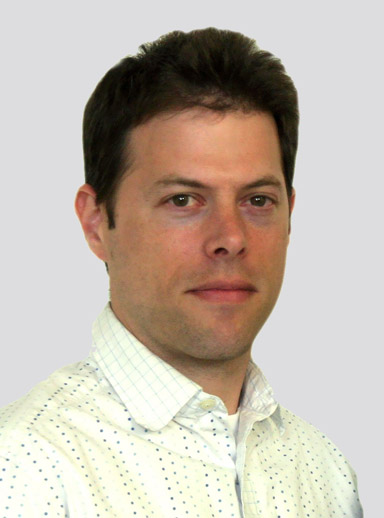
Gil Dekel (PhD)
By Gil Dekel.
It is a prevailing assumption that poetry is closely linked to the times in which it is created, and that the poet is influenced by his/her surroundings. For example, the English Romantic poetry is seen as a direct result of the French and American revolutions (Ackroyd, 2006). However, this assumption does not explain the observation that poetry was written in ancient times and is written in modern times. Poetry is written in times of great wars as well as times of tranquillity; in crowded cities or in remote unpopulated countryside.
Since poets have been writing within varied historical times, societies and even contradictory situations, it could be argued that these factors influence and shape the content of the poem, but do not bring about the impetuous to create, as Ellrodt (2000: v) notes. Creativity, I would argue, is not ‘sparked’ by any of the above factors, but rather by a different mode of activity coming from a mysterious source of knowledge that arguably cannot be seen or measured, thus requires an exploration.
In this paper I would like to approach the source of creativity using a reflective account, in the hope to contribute some insights regarding the work of an artist within academic context. I will focus on my artistic output as a visionary poet, exemplified through poetry in video art that is created as part of my PhD research. The paper will approach there element in the poetic creative process: Word, Writing, and Poet. Continue… (opens a PDF).
3 August 2010.
Gil Dekel.


 - Reading with Natalie, book here...
- Reading with Natalie, book here...